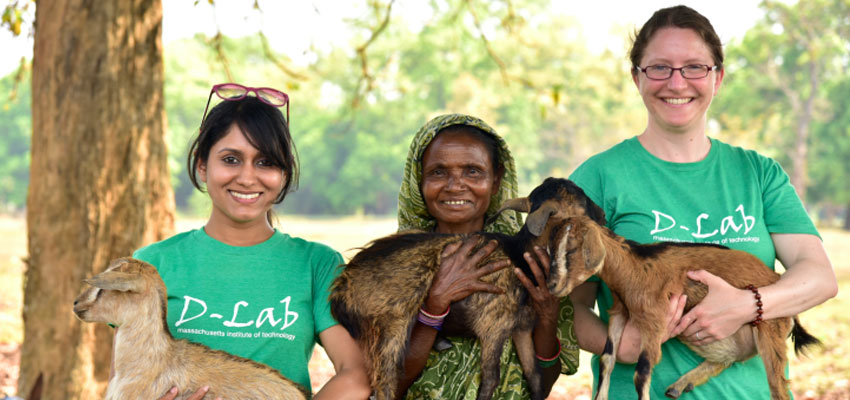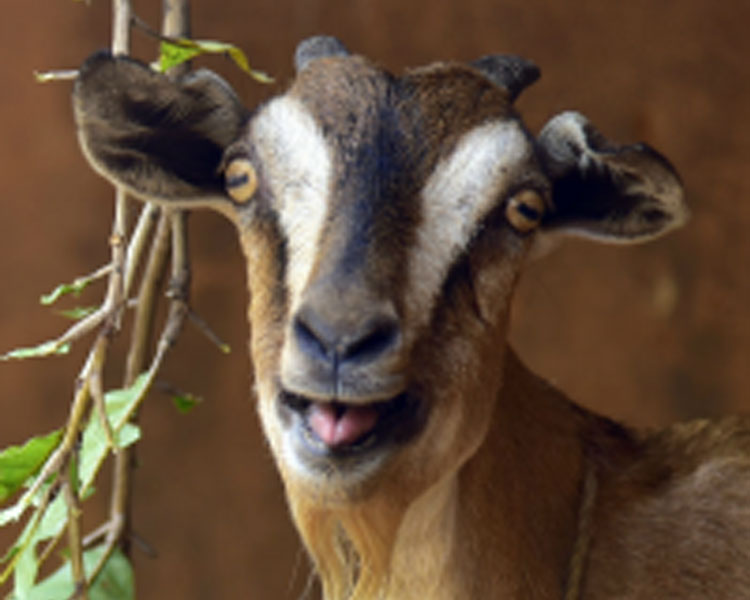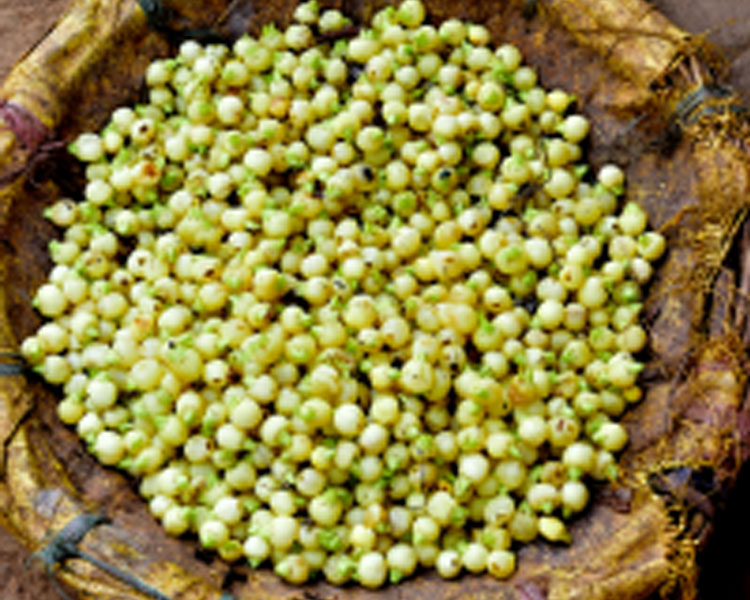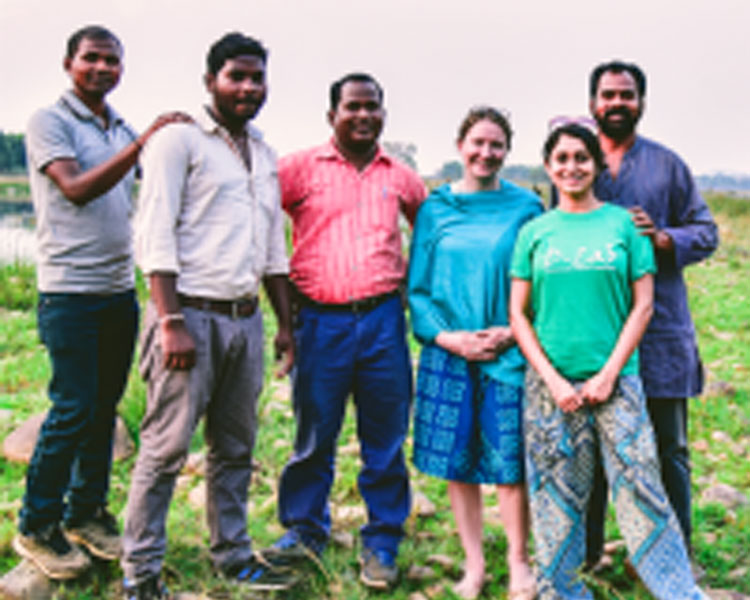
Since January 2015, MIT D-Lab and Heifer International have been developing a partnership and identifying opportunities to collaborate. Based on initial conversations, Heifer India and MIT D-Lab decided to conduct a needs assessment with goat herders, focusing on feed and fodder for the goats. Through this action research, Heifer and MIT D-Lab will work together with the farmers to address their most pressing issues.
In February and March 2016, I traveled to Odisha, India with D-Lab research associate Megha Hegde to conduct a needs assessment in collaboration with Heifer International and their partners.
Megha and I carried out the following activities:
- Secondary research on existing practices and local context
- Observation and immersion to gain a better understanding of the context
- Semi-structured interviews with over 200 goat herders to understand current practices related to goat herding, needs, and aspiration
- Semi-structured interviews with approximately 40 key stakeholders (feed sellers, extension agents, local government officials, butchers who buy goats, veterinarians, livestock inspectors and others) in the goat value chain
- Ten focus groups with goat herders (5-10 per group) to identify needs and assess interest in different products that could potentially meet those needs
Through this research and the subsequent analysis, we have started to identify critical challenges and gaps and potential interventions to improve the productivity of the smallholder goat activities.
Over the next several months, we will finish the analysis, identify more specific needs, generate the report/presentation and recommend technological solutions or processes that will address these issues.
This information will be shared with Heifer International, the partners and research participants in a format that is most useful to them (report, presentation, videos). The stakeholders will then discuss phase II of the project, which could include an evaluation of the recommended technologies, a co-design workshop or technology development.
For more information contact Kendra Leith.




